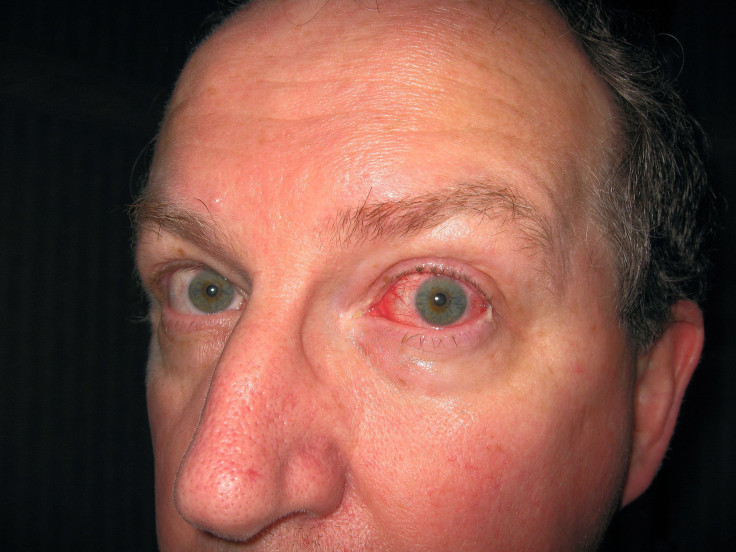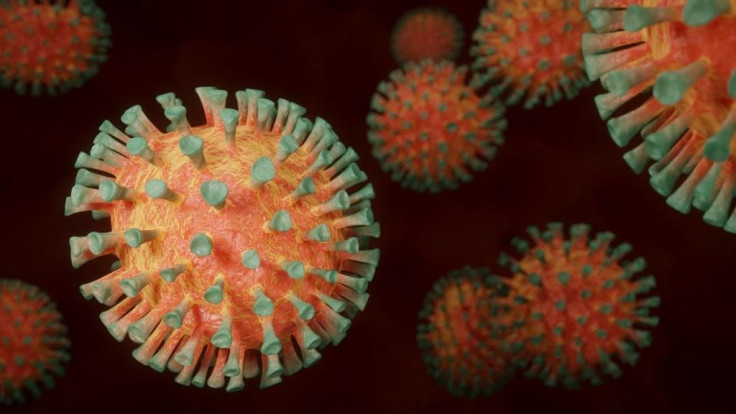Have Red, Itchy Eyes? Could Be Due To Latest COVID-19 Variant

The latest subvariant of the COVID-19 virus could be giving some people pink eye - a symptom not found in the previous strains of the novel coronavirus.
William Schaffner, M.D., a professor of preventive medicine and infectious diseases at Vanderbilt University in Nashville, Tennessee, told Everyday Health that XBB.1.16 has one additional mutation in the spike protein compared to XBB.1.5.
The mutation reportedly makes the new variant much more contagious than the other strains. Plus, it also has a somewhat new clinical manifestation in the form of conjunctivitis.
"It is more likely than the other omicron variants to produce fever, and it is producing conjunctivitis (pink eye), especially in children. So far, the pink eye appears to last several days to a week, similar to the conventional viral pink eye," Schaffner said.
Conjunctivitis is a condition characterized by the swelling or inflammation of the conjunctiva - the thin, transparent layer of the tissue that covers the white part of the eye, according to the American Optometric Association.
There are three common causes of pink eye: allergies, infections and chemicals. The pink or mild redness is often accompanied by itching and clear, watery discharge.
Schaffner doubts that pink eye could be a major way for COVID-19 to spread. But he warned that since the virus can get on the fingertips and has become more contagious, this could lead to more transmissions, especially in children.
"If you've got red, itchy eyes, and you think it's allergies or just a cold, just take a COVID test to be sure," Dr. Allison Arwady, the commissioner of the Chicago Department of Public Health, told NBC5.
"Overall, this is still all omicron, which is good news if you're up-to-date with your COVID vaccines. You have the best protection," she added.
Last week, the World Health Organization (WHO) said the new variant, nicknamed "Arcturus," was "one to watch" because it could spread much faster than other strains based on initial studies.
Experts clarified that while XBB.1.16 seems capable of spreading more quickly than other variants, but it does not appear to cause more severe illness.




























